|
Looking forward to a busy month of library appearances, including: Sunday, November 2nd at the Forest Park Public Library Saturday, November 8th at the ISLMA Conference Author Showcase and at the Green Hills Public Library in Palos Hills Saturday, November 15th at the Eisenhower Public Library in Harwood Heights Tuesday, November 18th at the Thomas Ford Memorial Library in Western Springs It's certainly a reminder of one of the things for which I am very thankful: a library in which to wander.
1 Comment
I had an absolutely lovely time visiting the Berwyn Public Library this past Saturday. Thank you so very much to Becky Spratford, librarian extraordinaire, for facilitating my presentation, and to all the Friends of the Library members who showed up to hear me ramble on about the importance of libraries in our lives. I know I was preaching to the choir... but I hope everyone enjoyed my Snooki snark!
Thank you so very much to the Gail Borden Library in Elgin for hosting me last Thursday night and hugs and kisses to the incredible trio of librarians who facilitated my visit: Denise, Liz and Tish. You made me feel so welcome and comfortable enough to endure The Big Questions from my charming interviewer, Robert K. Elder, writer and editor-in-chief and vice president of Digital Content for the Sun-Times Media Local. Being interviewed in front of an audience must be a bit like having sex in public (not that I've ever done that!): 1) it helps if you're a bit of an exhibitionist and 2) you really feel under pressure to do it right. And an especially BIG thank you to Rob for asking the questions that made me sound reasonably intelligent! Thanks so very much to the Niles Public Library and the BIrdies Book Club (aka the Red, White and Read Book Club) of Wheaton for inviting me to attend two lively and absolutely fabulous book discussions for The Things We Save last week.
Attending these discussions has been a mind-expanding experience on how people make meaning through their reading. For example, at a book club, an attendee may make a comment on a situation or character in my novel, and then look at me as if to confirm that his or her answer was “correct.” When that happens, I just shrug and laugh and say something along the lines of “your guess is as good as mine.” Writing a book is like starting a conversation blindfolded and hoping someone will respond, but my intent and the reader’s interpretation don’t necessarily have to match perfectly, because the reader brings his or her own life experience and opinions to the pages. It’s like trying to state that there is a definitive meaning to a piece of poetry; you can’t, no matter what the most learned English professor may say. The writer may “mean” one thing; the reader may “get” something along the writer’s lines or something entirely different. And either way, it’s okay. Again, many thanks to Greta Ulrich of the Niles Library and Barb and Bonnie of the Birdies for inviting me to these events. I had a blast! BTW: Red, White and Read is a reference to the liquid refreshments served that drive the lively conversation! If happiness is wandering in a library... then this week promises double the joy!
I'll be visiting the gorgeous Niles Public Library on Monday, September 22 to join in on a discussion of The Things We Save and on Thursday I'll be appearing at the beautiful Gail Borden Library in Elgin. There I will be engaging in a conversation with Robert K. Elder, writer, editor-in-chief and vice-president of digital content for Sun-Times Media Local and the host of "The Big Questions" podcast. He's got quite the eclectic list of interviewees, so I am honored and thrilled to be among them. We'll be doing a live recording, so I will definitely have to practice speaking in full sentences before then! Looks like it's going to be a very curvy week as well! Thanks so very much to the Dundee Library of the Fox River Valley Library System for hosting me last Wednesday... I thoroughly enjoyed my visit and hope all who attended did so as well!
Looking forward to my appearance at the Dundee Public Library, part of the Fox River Valley Public Library District, on Wednesday, September 17th at 7 pm. At least, I think this is what it looks like. For an experienced Google searcher, it was definitely tough to find an image of this library.
It's here... First Sunday... in football terms. Okay, so the Seahawks already slaughtered the Packers last Thursday... which brought much pleasure to those of us in Chicago... but today is the real beginning of the season of scientifically planned mayhem and strategically plotted violence. So, of course, we must celebrate that with a list of books that celebrate its charms and expose its rancid underbelly. A highly subjective top 5 list of pigskin prose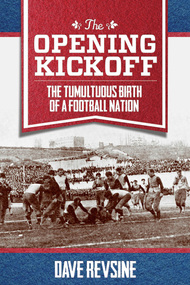 #5. The Opening Kick-off: the Tumultuous Birth of a Football Nation by Dave Revsine How else to open a sports season but by looking at its history? Revsine focuses primarily on college football, providing a thorough and exhaustively researched look at the origins of the sport and its development, particularly the years from 1890 to 1915. Not surprisingly, the issues over which people are wringing their hands today -- the "professionalizing" and "merchandizing" of student athletes -- were the subject of serious discussion and histrionics back in the day as well. Football has always been seen as public relations tool and a moneymaker for colleges. This book lays bare the birth pains of a monolith. Fun fact: Before the rise of college football, strenuous physical activity was regarded as boorish, but football quickly became popular on campuses in the mid-19th century, especially among Ivy League schools like Harvard and Yale. Go, eggheads! Reminds me of the cheer we had at the University of Chicago: Themistocles, Thucydides, the Peloponnesian War, X squared, Y squared, H2SO4 Who for? What for? Who we gonna yell for? Maroons! Maroons! Maroons! (or Morons, Morons, Morons, if the team was having a losing season, which was often the case...) 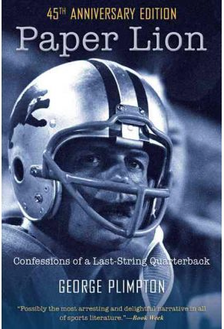 #4. Paper Lion by George Plimpton Totally old-school memoir of how a famous journalist, editor of the Paris Review, legendary interviewer of Hemingway, talked the Detroit Lions into letting him join the team as a back-up quarterback... and the hilarious consequences that result for both Plimpton and his teammates. In 1963, Plimpton joins the team for training. The rest of the players think it's kind of strange that this tall and skinny dude is always jotting down things in a notebook between plays and while walking the sidelines. When his secret literary identity becomes known, he's teased mercilessly, but he stays with the team and plays on, failing miserably on the field, but writing excellent prose about the foibles, faults and ferocity of this American football life. #3. The Blind Side by Michael Lewis 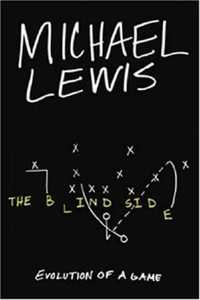 Homeless kid in Memphis, one of 13 children of a crack-addicted mother, gets placed in a Christian high school and then adopted by a wealthy white family. Stuff of fiction? Stuff of popular movies for which actresses win Oscars? Well, no and yes. It's a true story and yes, Sandra Bullock did win the Academy Award for her portrayal of Leigh Anne Tuohy, the matriarch of the family. However, the book goes beyond the sad, compelling story of Michael Oher to plumb the depths of structure of football and shows how the rise of the modern passing offense led, in turn, to the increasing emphasis on the defensive pass rusher and the quarterback sack, which, in turn again, led to the rise of the left tackle, the offensive lineman whose it is to protect the quarterback on the so-called "blind side." 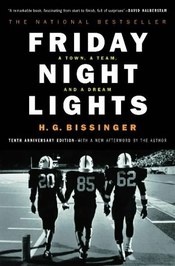 #2. Friday Night Lights by H.G. "Buzz" Bissinger If you live in Texas, where football is nothing less than a religion, Friday night is as sacred as Sunday morning. Or maybe the whole weekend is sacred: Friday night for high school football, Saturday afternoon for college football, and Sunday for the NFL. Bissinger puts high school football under the microscope and reveals the appalling mania that seizes students, teachers, parents, town officials and the general population of one specific Texas town: Odessa. Odessa's fortunes rise and fall with the energy industry, but the Permian Panthers are its pride and joy. 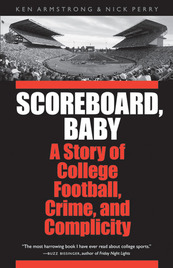 #1. Scoreboard, Baby: a story of college football, crime and complicity by Ken Armstrong and Nick Perry Rape, armed robbery, attempted murder, drug deals... with all their off-the-field activities, one wonders how the players on the University of Washington's 2000 Rose Bowl-winning team found time to practice. They were a Cinderella team with a golden-boy coach who had been lured by trunkfuls of money to jump-start a once-storied program that had fallen into mediocrity. An excellent expose of a sordid story that, only 14 years later, seems commonplace at many educational institutions across the United States, which might be more truthfully called large football stadiums with colleges attached, to paraphrase a line from the 1925 film, "The Freshman." If this is what it takes to win, give us honest and lovable losers. For fictional look at the brutality and camaraderie of the football field, you can alsoqwq1 read Chapter 2 of my novel, The Things We Save, in which Claire and her beloved brother Joey suffer the consequences of engaging in a forbidden game of football in the family living room...
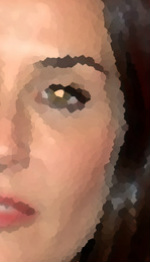 It's a little disconcerting to hear a character that you've created called "unlikeable," even if you have used those very same words to describe that character (hastening, of course, to soften the harshness of it by adding the qualifier "at times"). Like a prodigal child, it would be a sad character indeed whose author did not love him or her unconditionally. I admit I love all my characters, even the particularly nasty ones. I suspect that is because each contains at least a sliver of my own personality. That being said, I would not expect a reader to love them all and there are at least one or two who should provoke feelings of, if not hate, then at least intense dislike, however momentary and however much the reader reminds him or herself that "this is only make believe." (Although characters in novel often bring to mind people that we know and love/hate in our very real lives -- at least if the author has done her job.) 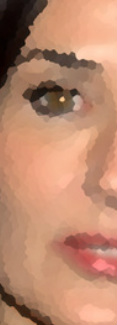 It's also a bit disconcerting because these judgments seem to come much more heavily on female characters than males. Roxane Gay wrote an excellent essay for BuzzFeed on this very topic: Not Here to Make Friends. The debate rages between the pro-likeables and the pro-unlikeables, with well-thought arguments on both sides, but one fact seems to be established: we love our difficult men (Don Draper, Hamet, MacBeth, Charles Foster Kane to name a few); women, not so much. 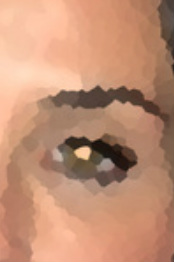 But I myself am in a light-hearted mood today, after having spent an absolutely exhilarating evening with a book club made up of lovely ladies from Des Plaines, IL. Listening to their insights and takes on the characters in my book reinforced my belief that what the reader brings to and thus takes away from a story is just as important, if not more, than what a writer puts in. Reading a book is a conversation; it always goes two ways. And that's thrilling. So I decided to approach the "likeability" factor with a touch of humor (I hope). After all, I want you to like me! 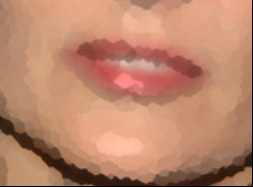 So, based on my opinion that: 1) my not-so-darling character Claire Sokol has her flaws, but that those flaws make her very human; and 2) there's at least a little bit of Claire in almost every human being on the planet; I have created a quiz on Playbuzz.com so that you may take to find out just how "Claire" you are! |
AuthorTo find out more about me, click on the Not Your Average Jo tab. Archives
February 2024
Categories
All
|
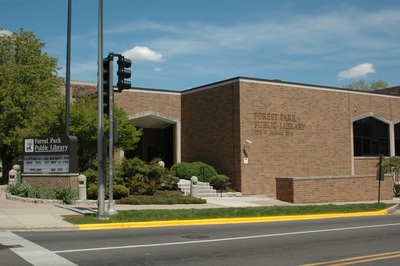
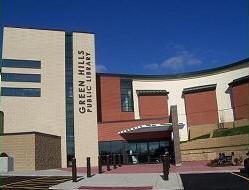
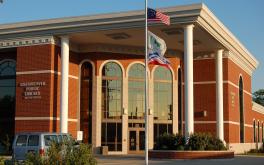
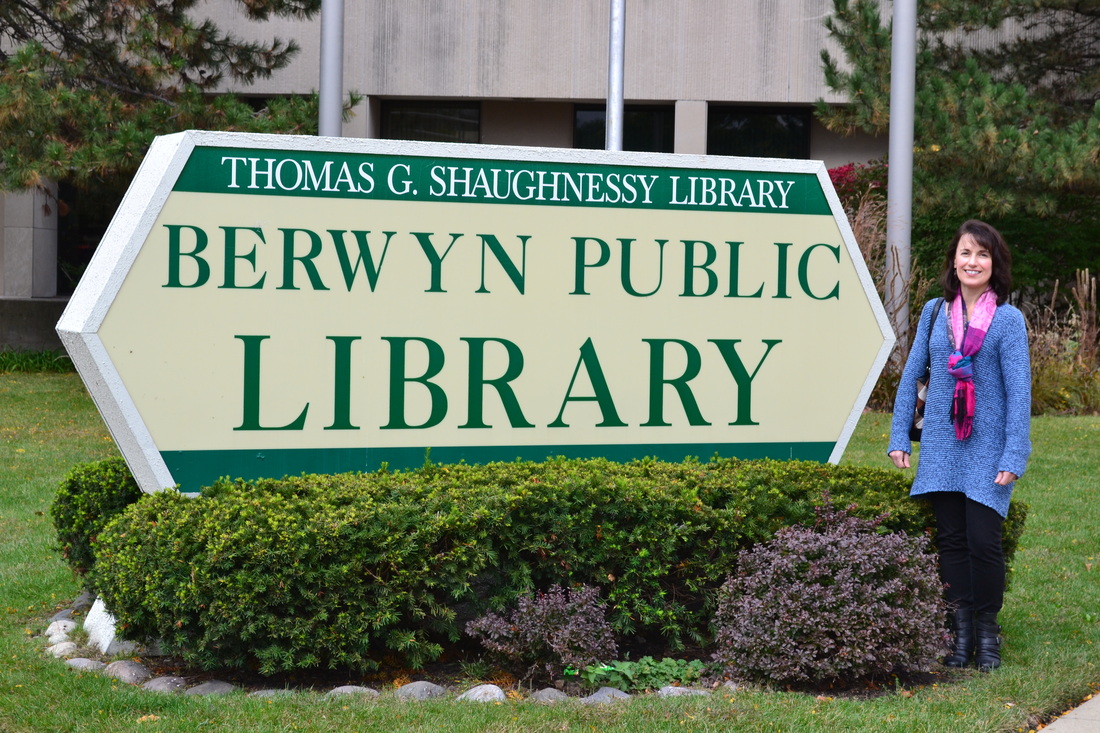
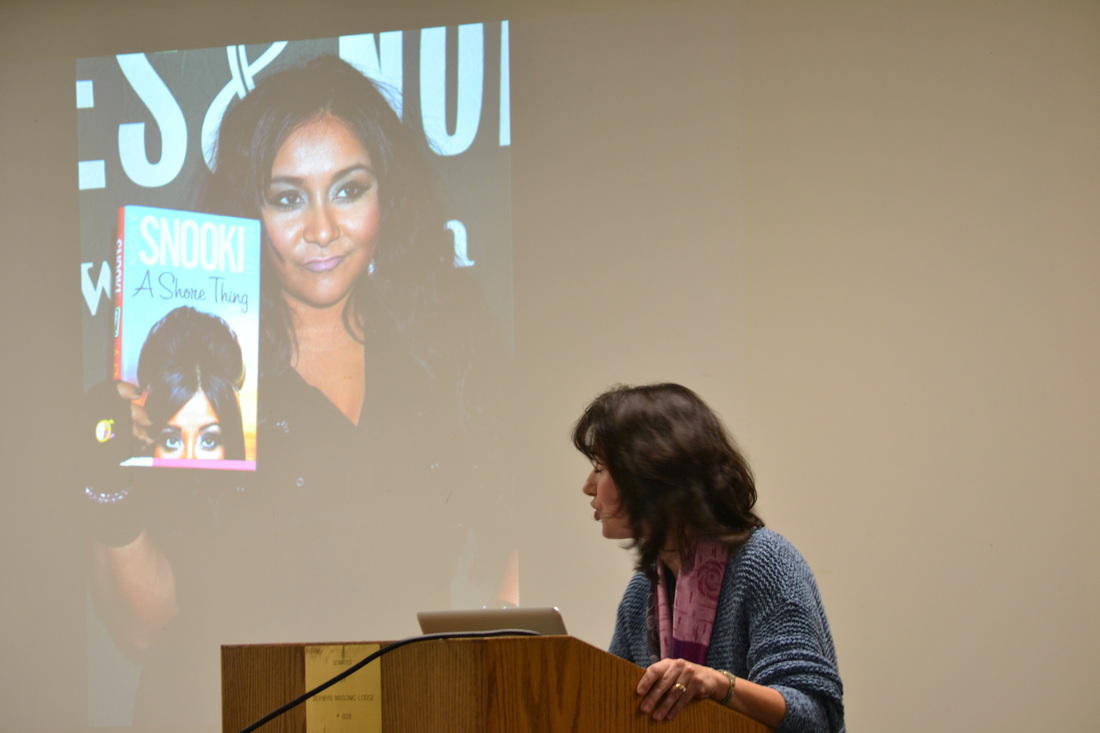
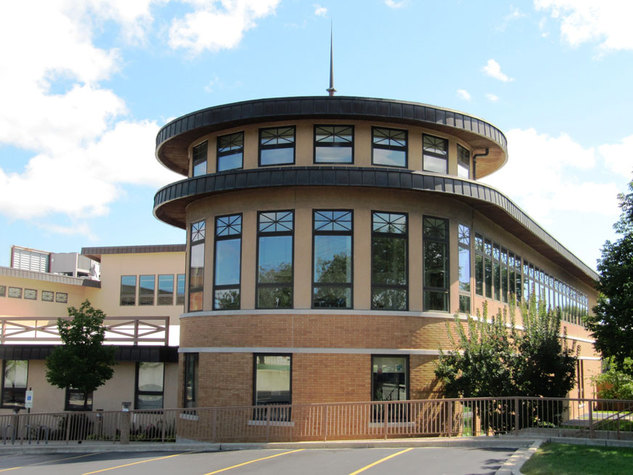
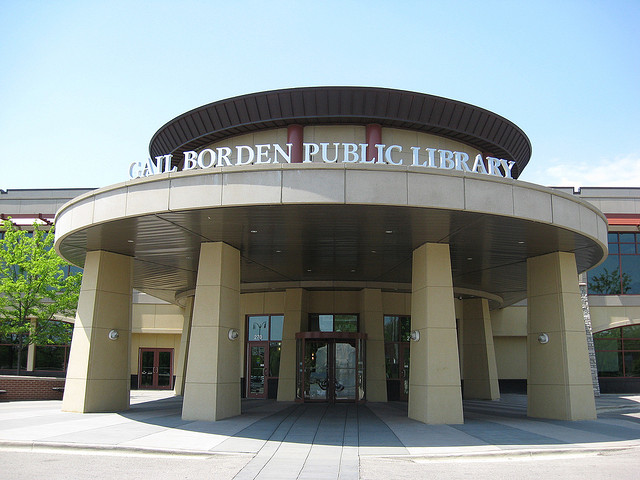
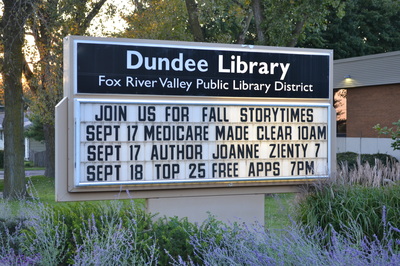
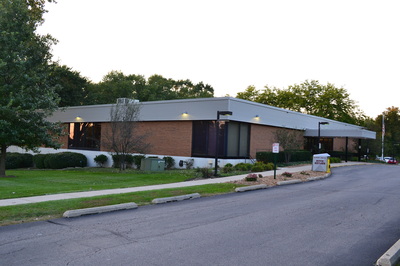
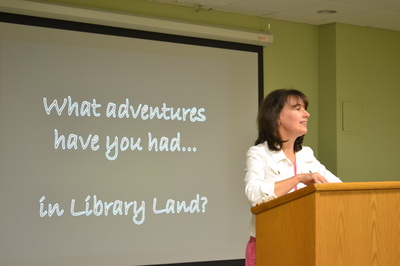
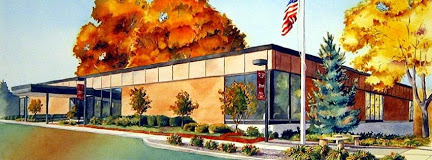
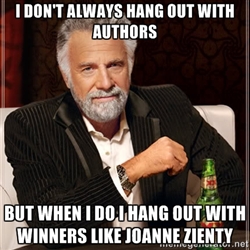
 RSS Feed
RSS Feed